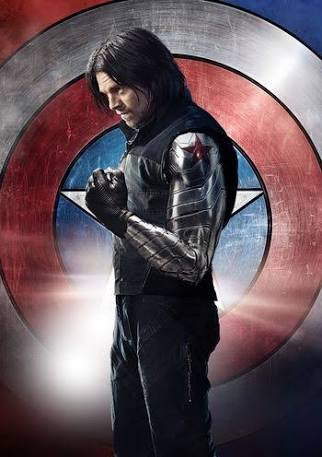Black Panther is the most recent superhuman motion picture to lead the Marvel Cinematic Universe — and film industry, as well — and normally that implies slick end-credits scenes that set up where this growing cosmic system goes straightaway. In the new film, Chadwick Boseman's African ruler T'Challa climbed to the royal position of the innovatively propelled country of Wakanda, and he returns in the uber throwdown Avengers: Infinity War (in theaters May 4). So do T'Challa's tech-virtuoso sister Shuri (Letitia Wright), his armed force general Okoye (Danai Gurira) and monstrous Wakandan warrior M'Baku (Winston Duke). Be that as it may, there's a couple of Black Panther extra scenes that hold a few pieces of information to what fans will see next in Marvel's film future.
SPOILER ALERT!!!!
Following quite a while of his country concealing its incredible progressions behind the pretense of an underdeveloped nation, T'Challa declares at the United Nations in Vienna that Wakanda will impart its information and assets to whatever is left of the globe. "Wakanda will never again watch from the shadows. We can't. We should not," he says, needing to be a power for interfacing humankind and aiding those in require. "We should figure out how to care for each other, as though we were one single clan." And when a delegate from another nation condescendingly addresses what a place like Wakanda could offer whatever remains of the world, T'Challa gives a knowing grin.
The scene is reminiscent of Tony Stark (Robert Downey Jr.) outing himself as Iron Man at the end of his first Marvel movie 10 years go, but it’s also a callback to Black Panther’s first appearance in 2016’s Captain America: Civil War, where T’Challa didn’t want his father King T’Chaka (John Kani) to address the UN.
“He felt that’s not the most effective way to get things done," says Panther executive producer Nate Moore. Now, T'Challa has realized that "actually you do need to reach across all of the aisles if you want to affect change on a large scale.”
T’Challa’s moment on the international stage hints at drama that could come up in a Black Panther sequel, not only in how other nations react to Wakanda being a geopolitical power but the ripple effect back home. “Not everybody in Wakanda is like, ‘Whatever you say, boss!’ ” Moore says. “He decided to do this thing and maybe it’s not something that would have passed had they done a public voting referendum.”
The last time we saw Bucky Barnes, otherwise known as the Winter Soldier (Sebastian Stan), he'd recently had his metal arm ripped off in a climactic Civil War battle between Captain America (Chris Evans) and Iron Man, and Cap took him to Wakanda to mend and manage his Hydra mentally programming issues.
Winter Soldier shows up in the second Black Panther reward scene, rising up out of a cabin in the wake of being woken up by Wakandan kids (who call him "White Wolf") and discovering Shuri, who coaxes him to accompany her. "Substantially more for you to learn," she lets him know as he looks over a wonderful scene.
On the off chance that anyone has the specialized know-how to fix Bucky's customizing, it's Shuri, Moore says, and theirs is "a cool dynamic" to play forward in future movies. "We do jump at the chance to believe there's a fellowship there conceived of his gratefulness yet in addition simply seeing that she is so brilliant. ... She comprehends Bucky's natural goodness."
The grouping additionally sets the phase for the Wakandans' part in Infinity War: The main trailer indicated Panther and Okoye collaborating with Captain America, Winter Soldier, Black Widow (Scarlett Johansson), War Machine (Don Cheadle), Hulk (Mark Ruffalo) and Falcon (Anthony Mackie) to battle the grandiose power of the fiendishness Thanos (Josh Brolin) on African soil.
"It's the 'welcome to the MCU minute,' " Moore says. "In Black Panther, that contention is especially about the Wakandans — well, now when you have a ruler who out of the blue is opening up the outskirts of the nation, the dangers are significantly greater than anybody foreseen. What's more, that idea that 'alright, we just experienced this common war. Pause, spaceships are landing?' is a fun one to play with."
There was unquestionably respect and regard amongst Cap and Panther in Civil War, so when they meet once more, the dynamic extends between the two legends: Now a universal outlaw, Cap comes "cap close by" for help and T'Challa obliges, however some Wakandans may give their ruler some side eye.
"It addresses T'Challa being brave outside of the workplace of majesty yet in addition the way that at last it sets him up to be one of the lead figures of the Avengers," Moore says.
.jpg)
.jpg)
.jpg)
Hey, I'm Oatmeal Joey, and Black Panther is cool.